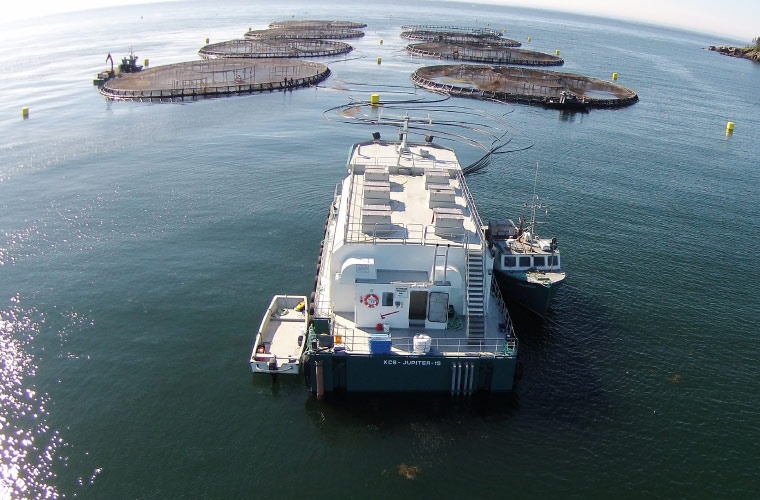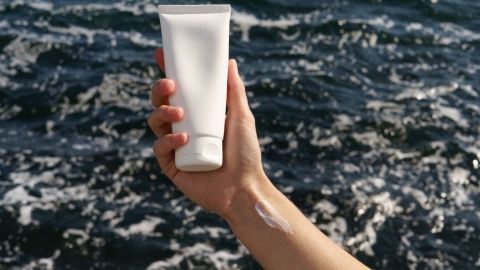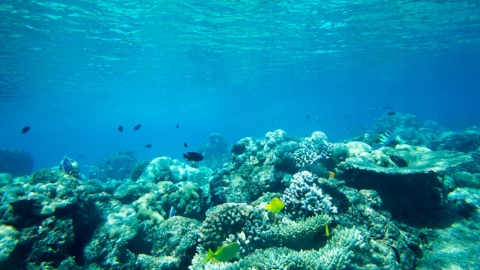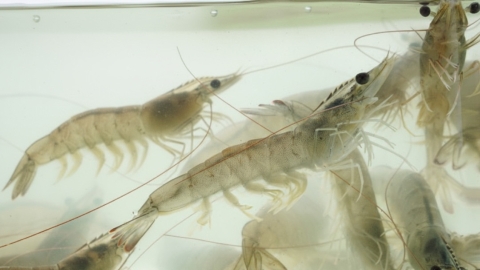
The Macdonald-Laurier Institute, a leading Canadian think tank, has accused activists groups, largely funded by foreign interests-primarily from the United States-of political manipulation in order to push through a ban on Atlantic salmon farming in British Columbia.
The report claims that these activists orchestrated misinformation campaigns, leveraged media influence, and engaged in aggressive political lobbying to sway key minister within Prime Minister Trudeau’s government. Among those allegedly influenced were Joyce Murray and Jonathan Wilkinson, who are said to have played pivotal roles in the phased elimination of open-sea salmon farming.
Titled “Swimming Against the Tide: The Case for Salmon Fish Farming in British Columbia”, the report details how organization such as Wild First, the First Nations Wild Salmon Alliance, and Pacific Wild received funding from overseas entities, including US-based groups. These funds were allegedly used to run highly targeted social media campaigns, circulate manipulated research, and apply political pressure to convince Canadian minister to back the removal of salmon farming along the country’s west coast.
As a result, in the summer of 2024, the Canadian government halted the issuing of new licences for salmon farming along the west coast. Existing farm have been given a deadline of 2029 before they must either close or transition to land-based aquaculture systems-a technology that, according to the report, remains commercially unproven on a large scale.
The report argues that the ban represents a triumph of activisms over science, ignoring evidence from institutions such as the Canadian Science Advisory Secretariat, which has found that salmon farming is not responsible for the decline of wild salmon stocks on the west coast.
Furthermore, the report emphasizes that salmon farming is critical to the economies of coastal communities and Indigenous groups in British Columbia. The ban, it warns, could wipe out over 4,500 direct jobs and impact more than 1,000 indigenous workers. Additionally, more than 1,400 businesses within the supply chain stand to lose an estimated USD 437 million, leading to widespread business closures.
The think tank recommends reversing the ban and adopting a science-based approach that encourages collaboration between the aquaculture industry, Indigenous communities, and scientists to develop sustainable solutions while safeguarding jobs.



